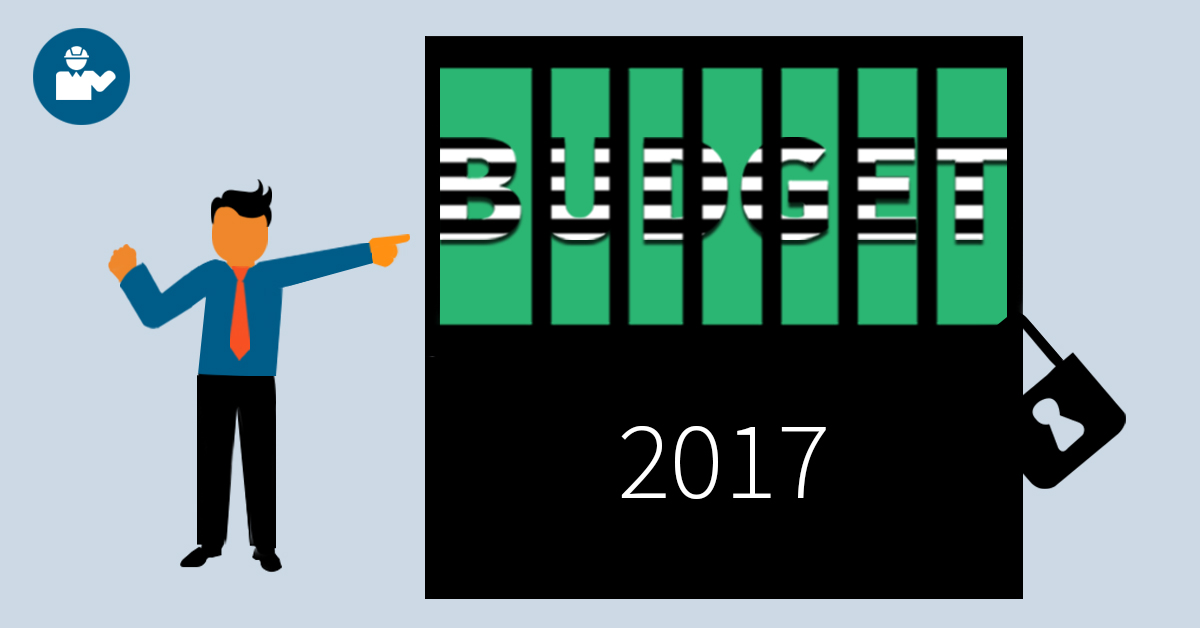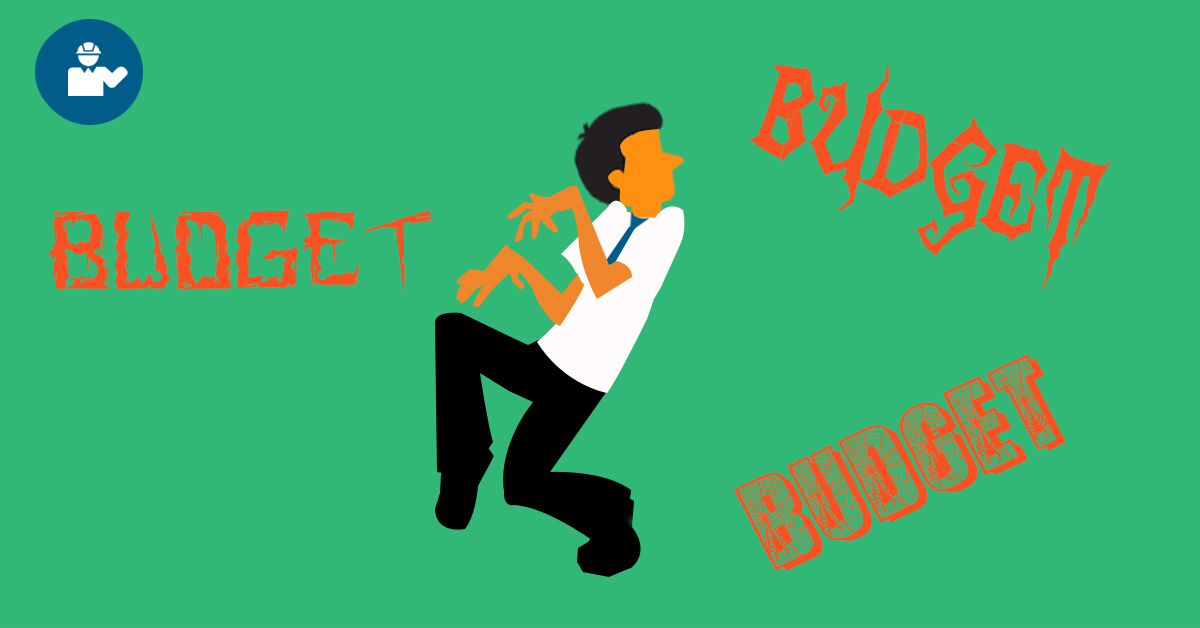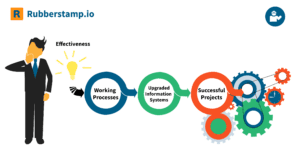
Not doing your budget sounds like a massive weight off your shoulders, even saying the words sound great. Hearing the word “budget” makes any CFO’s stomach turn.
“In preparing for battle I’ve always found that plans are useless, but planning is essential.” Dwight Eisenhower
Most CFO’s see doing the budget as going to war. No war has ever been fought without weapons and no war has ever been won without strategy.
We can show you a bullet-proof guide to never over-spending again.
How Stuff Works recorded this Boston project as one that broke the construction bank:
“In early 1990s Boston, traffic on the city’s Central Artery — the main highway through the city — backed up 10 hours a day and cost the local economy $500 million annually. In response, the Central Artery/Tunnel Project — or Big Dig — was launched in 1991 to replace the six-lane highway with an underground road of eight to 10 lanes.”
The project became the most expensive project in the U.S construction history, expenses ran through unmonitored without considering the budget. The project was originally supposed to be completed in 1998 but dragged on till 2007. As a result, expenses ballooned to $14.8 billion.
If they had Googled for a budget planning blueprint, they may have saved themselves the embarrassment. It is possible to not budget in 2017, just make sure you don’t end up like they did!
Do you want to budget for 2017? Let’s get down to business.
Budgets fail over and over again for the same simple and avoidable reasons. You may already know them; this will not stop you from making them. What are they?
Reasons why a project budget might fail
- Like a gambler starting the night in the casino, budget planners are wildly optimistic about what everything will cost. No matter how pessimistic you are, accept you will be wrong.
- Budgeting is a time-consuming process. Most people don’t spend enough time thinking hard about their budget. Does that sound like you?
- Bias kills the budget before it ever gets going. Sometimes secondary gains get in the way of deciding what your business truly needs. For example letting your staff decide on the budget for the Christmas party!
- “Everybody has a plan, until you get hit in the face” – Mike Tyson. The plan you start out with will change. Getting people to change their budget halfway through is tough, nobody likes to be wrong. Wounded egos mean the budget becomes widely detached from reality. Accept change, learn to love it, and review actual vs planned spend as closely as possible.
- At the end of the project, instead of over-runs, it is tempting to cook the books (i.e. commit fraud). 44% of projects fall foul of this.
Tweet this: Like a gambler starting the night in the casino, budget planners are wildly optimistic
What leads well-educated and well-paid executives to such perfidy?

The constituents of the perfect budget process include time, clear objectives and good communication.
1. Time
“The bad news is time flies. The good news is you’re the pilot.” Michael Altshuler
Time + Planning = Now
For smaller companies, the easiest thing to do is a “top down” approach. The boss picks a number he can live with, management estimate what they can live with. Sometimes it works out. It could work based on last year’s spend, but this almost guarantees you will either waste money or damage your business. It is a terrible idea.
The better approach takes time. Huge companies spend millions of dollars in their budgeting process. They use thousands of man-hours and dedicate huge resources to their planning. They do it, because they know it is the most leveraged activity they can undertake. Starting off with each expense and building a “bottom up” view of what needs to be spent.
Enough about them. Let’s talk about you.
How much time have you allocated for your budgeting process? An afternoon some day in early January? Are you too biased to truly come up with a budget that reflects the interests of staff, customers and the business? Have you invited the right people to help you craft a budget with a chance of succeeding?
According to Fortune magazine, one hour per week cannot boost productivity because it is not enough, on the other hand, hundred and sixty-eight hours per week can not be right either. Companies should strike a balance between spending time wisely and not overworking employees.
2. Objective
“The essence of strategy is choosing what not to do.” Michael Porter
Budget + Strategy = Objectives
If you run a small business, your objective probably sounds like, “don’t end up in jail”. Millions of business owners never gain control of their finances and do either end up in debt or in prison.
There is another way.
Setting objectives for your budget can help build a business. That does not just mean “making a profit”. A “profit” can be $1 or $1 million. Decide what you want to achieve along with the other objectives for your business.
Do you care about work conditions? Do you care about the types of customers you do business with? Do you care about work life balance?
No, you haven’t stumbled over into a new age self-help blog, these are the critical objectives for your business that you need to make real in financial terms.
What are the core principals of your business? Each time you add a new line to your budget; ask yourself this question;
“How does this spending decision reflect our values?”
Basing spending decisions on your purpose will help you to stick to these priorities later on. If you decided you want to work with a team with the best suntans in the business, then buying sunlamps is a great spending decision.
“If you change the story, the state, and the strategy of the leader, the project will succeed”
Tony Robins
- Decide what your project functions entail
- Choose cost-effective construction methods
- Save time knowing where your equipment is at all times
- Reconcile your direct and indirect costs
- Find the right employee for the right position
- Save time by having all the documents and drawings ready
3. Forecasting
“People don’t want quarter-inch drills. They want quarter-inch holes.” Theodore Levitt
Cash flow + Right resource = Success
Managing cashflow without having any plan is similar to shooting in the dark without caring where you shooting. You’ll need a contingency plan. For this reason, forecasting is achieved in three phases that will measure your budget properly.
Phase 1
Before stepping on this first step, pause for a moment and think: which fundamentals will your project need?
- An African proverb says: “If you wish to move mountains tomorrow, start by lifting stones today.” You can’t have an efficient cash flow tomorrow without curbing your smaller expenses.
- Once you achieve that, then you can set your gross margin.
- This phase is incomplete without looking into your net profit before taxes.
Phase 2
Zoom in to see what are the chances of turning a profit.
- First of all, reassess your cash flow, make sure you have enough resources.
- Then reinvest your Net Profit to generate more proceeds.
- The above isn’t possible without adopting cost-effective habits and reliable suppliers.
Phase 3
Look down at step one and two to see if you’re in control of your finances. Then ask yourself the following questions:
- Are you compliant with state legislation?
- How is your local currency performing?
- Did you make provisions for environmental risks?
4. Communication plan to get your team on board
“Attitude: All the software or technology in the world can’t create a teamwork-friendly attitude.” Eric Halsey
Attitude + Incentives = Budget Success
To have the perfect working engine in your car you need all the parts working together to operate at full capacity. The same can be said about investing time into training your employees to use the budget effectively and for them to understand how they impact the project’s goals, mission and success.
- Explain how the program for the budgets works in a step by step plan and how each component fits into each other.
- Give your team foolproof tools to work from e.g up to date spreadsheet, reports etc.
- Give important budget information at all times.
- Devise goal-based incentives for them to work towards.
- Be a Team Player.
- Never make decisions while you are HALT (Hungry, Angry, Lonely, Tired).
5. Implementing the plan
“Don’t tell me what you value, show me your budget, and I’ll tell you what you value.”
The mantra of any construction company is growth. “Passive management” is not conducive to growth, great plans have no autopilot button to run themselves, they have to be implemented. Put these easy steps to the test and see if you’ll still need to budget for 2017:
- Who is responsible for each project? If there’s no one with authority, plans won’t come to life.
- Create KPIs for each project. If you can’t measure it, how can you assess it?
- Understand each and every pitfall and come up with real-time solutions.
- Insist on individual compliance with the plan.
- Never forget to coach throughout the implementation of the plan.
Budgeting is just “planned measured spending”. It puts a firewall between you and a rash spending decision. Now show me your budget and I’ll show you how to have total control over spend.Your budget is a living, breathing, guiding document, changing with every new month. With this in mind, you need the right ingredients for your yearly budget to end with a successful product.
Procurementexpress.com runs your budget for you and gives you the freedom to focus on other aspects of being a CFO. It’s an easy to use application any of your staff members can master in a few minutes. It’s adaptable to each client’s preferences and is an efficient 1-click approval system to secure every aspect of your processes.
With the tailored reports, real-time visibility of current budget and a fully customizable PDF, the Procurementexpress.com app consolidates all your project needs.
Procurementexpress.com purchase order software will free up your time, so you can spend it on strategic planning and periodic forecasting. Try it for free! Our 24-hour customer- success ninjas are waiting for you!
If you’d like more info about Procurementexpress.com (automated purchase control system), please contact us: [email protected]
Leave a comment.



